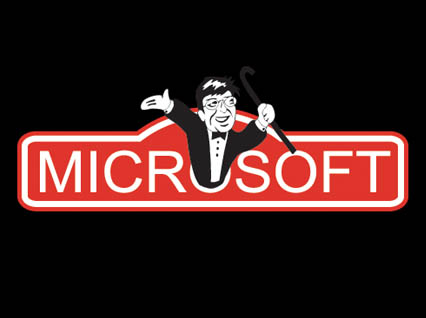Microsoft has changed (some of) its monopolistic ways

On September 17, the European Court of First Instance will decide whether or not to overturn the European Commission's 2004 antitrust ruling against Microsoft. A number of company watchers are painting the ruling as a watershed event that will have lasting impact on Microsoft and its customers.

Having reported on Microsoft since the early 1990s, I can say I've seen a lot of change, regarding Microsoft's business practices and behaviors. These changes aren't out of the goodness of Microsoft's heart; many are happening because times have changed. But Microsoft also has altered some of its less-than-ethical ways as a result of court rulings in the U.S. and overseas. (Do you think Microsoft wanted to institute a flat price list for Windows among the Top 20 PC makers? Voluntary principles spin aside, they had no choice.)
I'd also argue that Microsoft has changed as a result of the departure from the company of a number of Microsoft managers who believed Microsoft was above the law. Some of those who stayed seemingly have gone to charm school to undo old habits.
Today's Microsoft isn't yesterday's. Sure, there are still a few of the old Microsoft guard left who think customers and partners are so dumb and scared that the Redmondians can get away with anything. Microsoft's vague threats of Linux patent violations meant to scare customers, and its refusal to make Open Document Format (ODF) support a built-in Office feature right alongside its own Office Open XML (OOXML) prove that these attitudes are still alive and well at Microsoft.
Oftentimes, Microsoft's weak communications skills make the company look even more sinister than it is. A couple of recent examples: The recent Windows Genuine Advantage (WGA) outage and this week's disclosure that the company has been updating Windows Update on users' machines without their knowledge/consent.
But the "cut-off-their-air-supply" Microsoft just ain't what it used to be. If today's Microsoft were the same unbowed and unbridled company it was back in the 1990s, I think we'd see some very different business practices in place. A more cutthroat Microsoft would:
- Create a super ad-blocker that would thwart Google and install it by default on Windows users' desktops (Windows Connected came up with that one.)
- Bundle the Windows Live suite on every new PC and make sure, by license and design, that OEMs couldn't remove it
- Bundle SQL Server in Windows Server
- Penalize PC makers who offered Linux on any of their machines by charging them more per copy for Windows, refusing to provide beta Windows code, etc. -- all the things it did to OEMs during the Windows 95 era
- Bundle its Flash competitor Silverlight with every copy of Windows and Internet Explorer
Microsoft is still a desktop operating-system monopolist. But it's not the runaway leader in a number of other categories in which it's playing (search engines, MP3 players, game consoles, mobile operating systems). To assume that Microsoft can wield its desktop Os power to unfair advantage in these areas just because Microsoft is Microsoft is a big leap of faith. At the same time, independent software vendors are a lot more leery these days, in terms of showing Microsoft their products and roadmaps, which should lessen the Redmondiands' long-favored practice of "borrowing" cool concepts and features to incorporate in their own wares.
Whatever the European Court rules won't change the market dynamics in place. Whether or not court oversight is extended or new antritust cases are lodged against Microsoft -- which they undoubtedly will be -- Microsoft execs have been forced to realize they always have to operate with an assumption of illegal monopolistic behavior working against the company. Microsoft brass know that every product development and marketing decision Microsoft makes for the rest of the time it is in existence will be scrutinized for possible lawsuit opportunities.
Couple that realization with changing market dynamics (and Microsoft's frequent inability to get out of its own way), and I think it's fair to say that Microsoft has changed -- at least to some degree. There's no way I'd advocate rechristening the company the "Ethical Empire." But the Microsoft of 2007 is not the Microsoft of 1997.
Do you agree?
(Image: Courtesy of SplitReason.com)